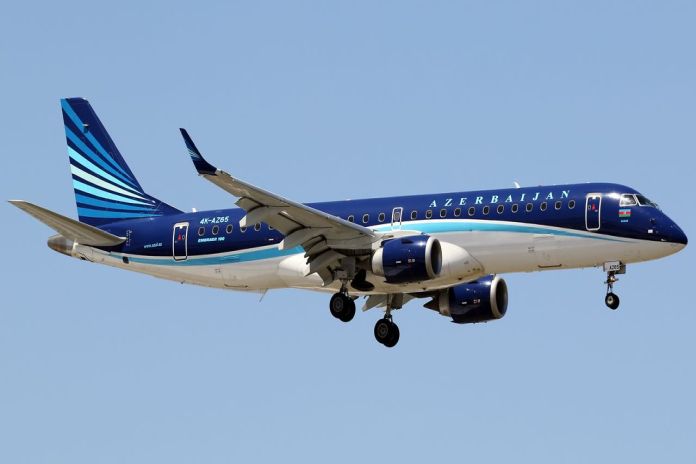GENEVA, Switzerland – The International Air Transport Association (IATA) called for a thorough, impartial and transparent investigation into the tragic crash of Azerbaijan Airlines flight 8243 on 25 December 2024.
Such an investigation must be conducted in accordance with the provisions of Annex 13 of the Chicago Convention which requires the publication of an interim report within 30 days of the accident.
“Our deepest sympathies are with the family and friends of those who have perished. Out of respect for the 38 people who lost their lives and to those who survived, we must find out why this catastrophe happened and take action to ensure there is never a repeat,” said Willie Walsh, IATA’s director-general.
IATA’s call follows statements from the governments of Russia and Azerbaijan confirming that the tragic incident occurred in Russian airspace in the vicinity of military operations.
“Civil aircraft must never be the intended or accidental target of military operations. The strong potential that Azerbaijan Airlines flight 8243 could have been the victim of military operations, as indicated by several governments including Russia and Azerbaijan, places the highest priority on conducting a thorough, transparent, and impartial investigation. The world eagerly awaits the required publication of the interim report within 30 days, in line with international obligations agreed in the Chicago Convention. And should the conclusion be that this tragedy was the responsibility of combatants, the perpetrators must be held accountable and brought to justice,” said Walsh.
In October 2024, amid escalating global conflicts, IATA reminded the UN Security Council that states have explicit obligations to keep aviation and its critical infrastructure safe even in times of conflict. State obligations include Article 48 of the Protocol to the Geneva Conventions which holds that combatants in conflict must not target civilian objects and the Chicago Convention which explicitly obliges states to protect civil aircraft and passengers in flight, refrain from the use of force against civil aircraft, and by corollary to coordinate and communicate any activities potentially hazardous to civil aviation.
To advance these imperatives, IATA strongly supports the work of the Safe Skies Consultative Committee to reduce the risk of conflict zones through enhanced information sharing standards for operator risk assessments and conflict zone guidance for both states and operators.





